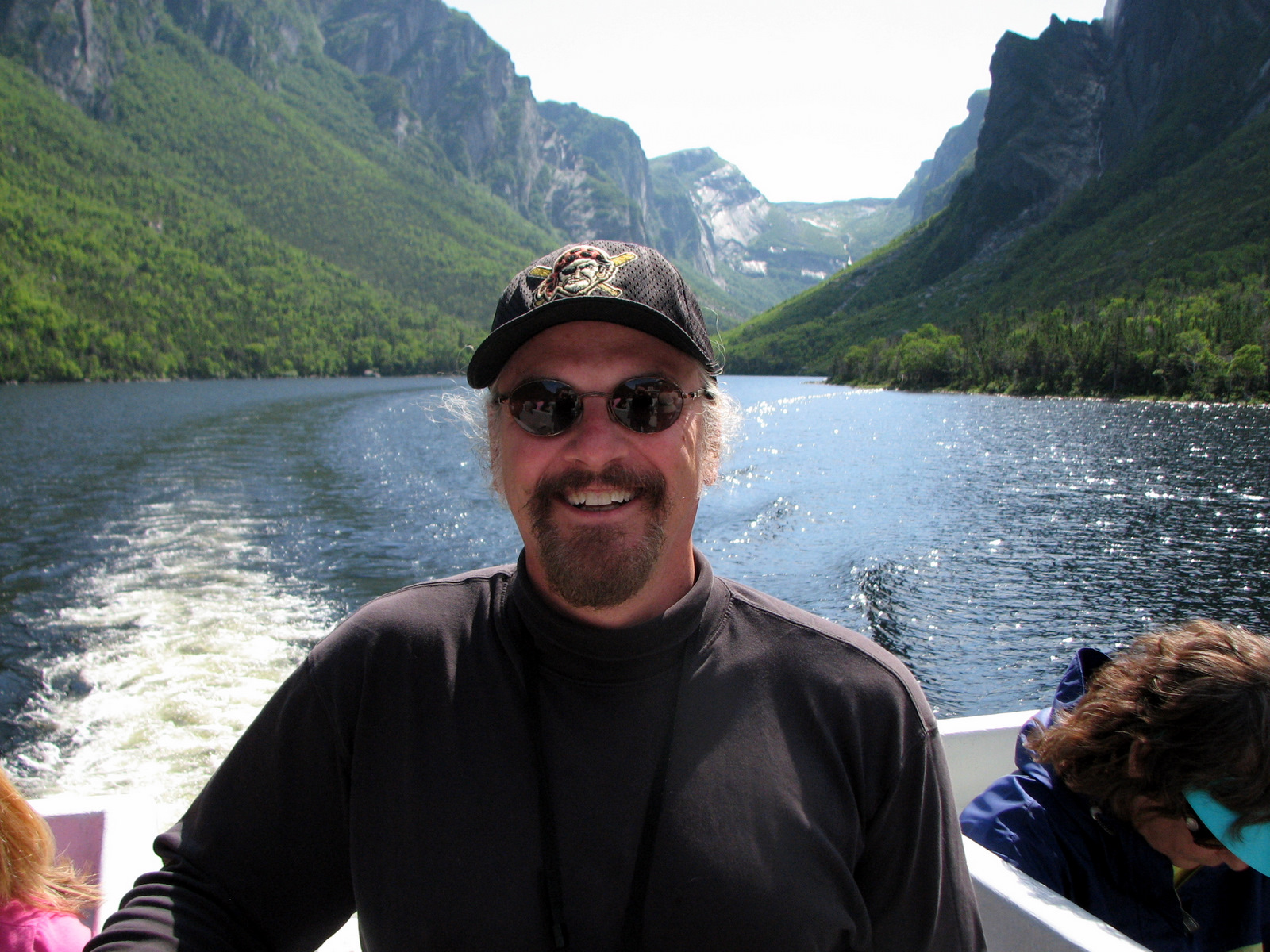By Brendan O’Meara
I’m reading Linchpin: Are You Indispensable? by the amazing, incomparable Seth Godin.
I plan on riffing on several points of this book, for what it’s worth, but not at this time.
I’m in a big section on the giving of gifts and how artists, those with the truest of authentic intents, give w/o reciprocity. That’s the only way, IMO, to give any gift.
Point being my plan is to share more of the behind the scenes of my work. Mostly short entries that are my little gifts to other artists, writers, people with Day Jobs who worry they can’t do the work of artistic pursuit.
John Steinbeck, who needs no introduction (pardon the snark), wrote Working Days, a journal of his writing The Grapes of Wrath. Working Days is, at its core, a blog.
If he were alive and writing today, Steinbeck would likely have a blog and share his worries and insecurities out in the open as a gift to us. And we’d love him all the more for it. And we’ll still buy and share his art.
So…what’s the deal with Day 6? Day 6 of what?
Me, a nonfiction guy, am writing a novel. I’ve had several ideas over the years and the one I feel best about is one I’ve titled The Class of ’99. It’s a story about a high school class told on the eve of its first day of school freshman year all the way through senior year.
There will be many characters and I hope it will be the truest story told about the high school experience without devolving into movie cliche. Sort of like how the writers of Better Call Saul made a lawyer show w/o setting foot in a courtroom. I want to write a high school story that doesn’t rely on “the big party,” “the big game,” etc.
So far it’s hard.
Like way harder than nonfiction.
Nonfiction requires little imagination. The good news is that much of this story will be 65% autobiographical so I’ll merely dramatize and add extra conflict where necessary to the kernels I already know.
As you can imagine, it will, in essence, be four books in one, so it’s my job to make these kids/young adults worth spending all that time with. That’s the nature of any work of any length, but especially true of long work.
My goal is to synthesize a bit every day. That can be as little as one word or as many as 5,000. Add a little brick to the wall every day.
There’s momentum in the minuscule.
Oh, and one more thing. I’ve got an essay coming out in a cool journal called Chautauqua: Americana. Its Facebook page cited my “advice to young writers.” Check ‘er out.
Think a friend will gain anything from this? By all means share and spread the ideas.


